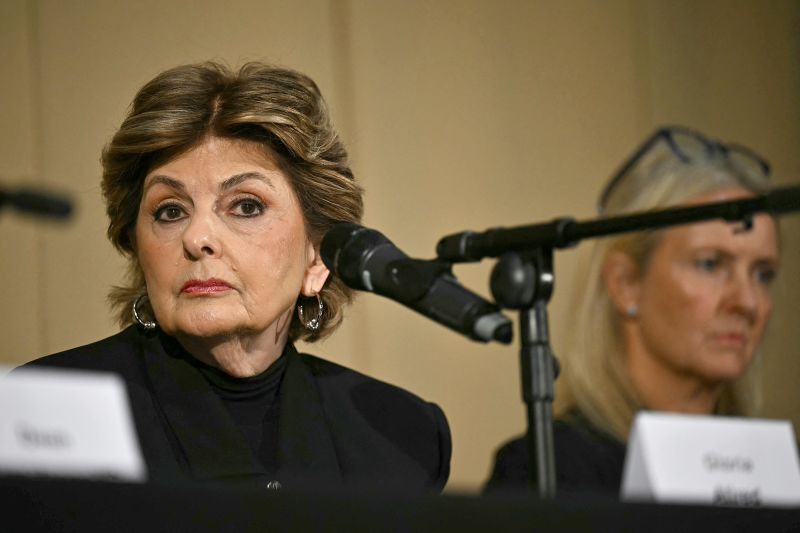Mohamed Al Fayed, the Former Harrods owner and a recognized figure in the world of business, has recently found himself amidst allegations of various forms of misconduct. Several lawyers representing the individuals who claim to have been victimized by Al Fayed have dubbed him as a monster, raising numerous questions related to his professional and personal dealings.
Born in Egypt in 1929, Mohamed Al Fayed’s journey to success was nothing short of extraordinary. He painstakingly scaled the ladder, demonstrating great skill, dexterity, and relentlessness. His acquisition of Harrods, one of London’s most ostentatious department stores, in 1985 for £615 million catapulted him to global fame. However, his status and legacy are now in jeopardy as he faces grave accusations and lawsuits.
Reports have surfaced from several individuals alleging inappropriate conduct by Al Fayed. Accusers include employees from his past endeavors, and the accusations range from abuse of power to sexual harassment. These claims have taken many by surprise, casting a shadow over Al Fayed’s previously celebrated accomplishments and his reputation.
Lawyers representing these alleged victims have not minced their words in describing Al Fayed’s actions. They have vehemently labeled him a monster, painting a picture of a man far different from the successful businessman the world thought they knew. Al Fayed’s lawyers, however, have disputed these claims, insisting that their client has been falsely accused.
In one of the allegations, a former Harrods employee claimed that Al Fayed manipulated his position of power to foster a work environment filled with fear. The alleged victim argues that the lack of a support system within the organization made it hard to report such incidents. This narrative has been echoed by many other self-proclaimed victims propelling the image of Al Fayed as a monster through their lawyers.
The severity and consistency of these accusations have led to an inevitably negative shift in Al Fayed’s public perception. While he is remembered for some of his business successes, including the rejuvenation of Harrods and the ownership of Fulham Football Club, these achievements are increasingly overshadowed by the disturbing allegations.
The legal battle that Al Fayed faces has given rise to many questions about the essence of power, it’s abuse, and how it can be manipulated to silence victims. This discourse is essential in the context of global movements such as #MeToo, where powerful individuals are held accountable for their inappropriate actions.
Apart from the social implications, the allegations against Al Fayed could have significant financial implications for the former Harrods owner. Associations with his brand may carry the risk of reputational harm, potentially impacting his businesses. Investors, partners, and stakeholders could also reconsider their relationship with Al Fayed and his ventures.
As the legal proceedings continue, the truth remains to be unveiled. However, these allegations against Mohamed Al Fayed highlight a critical issue across industries globally – the unchecked power of those in authority and the vital importance of establishing mechanisms to report and address such abuses. Regardless of the outcome, this episode will serve as a reminder, prompting individuals and businesses alike to advocate for a professional environment that fosters respect and equality.
To summarize, the allegations against Former Harrods owner Mohammed Al Fayed have not only tarnished his reputation but have also highlighted the rampant issue of power imbalance and misconduct in workplaces. The mounting negative sentiments serve as a strong message for business leaders worldwide to actively take steps to ensure a safe working environment, free from any form of intimidation and harassment. It is a testament to the ongoing need for more stringent and effective ways to safeguard the vulnerable against misuse of power.




